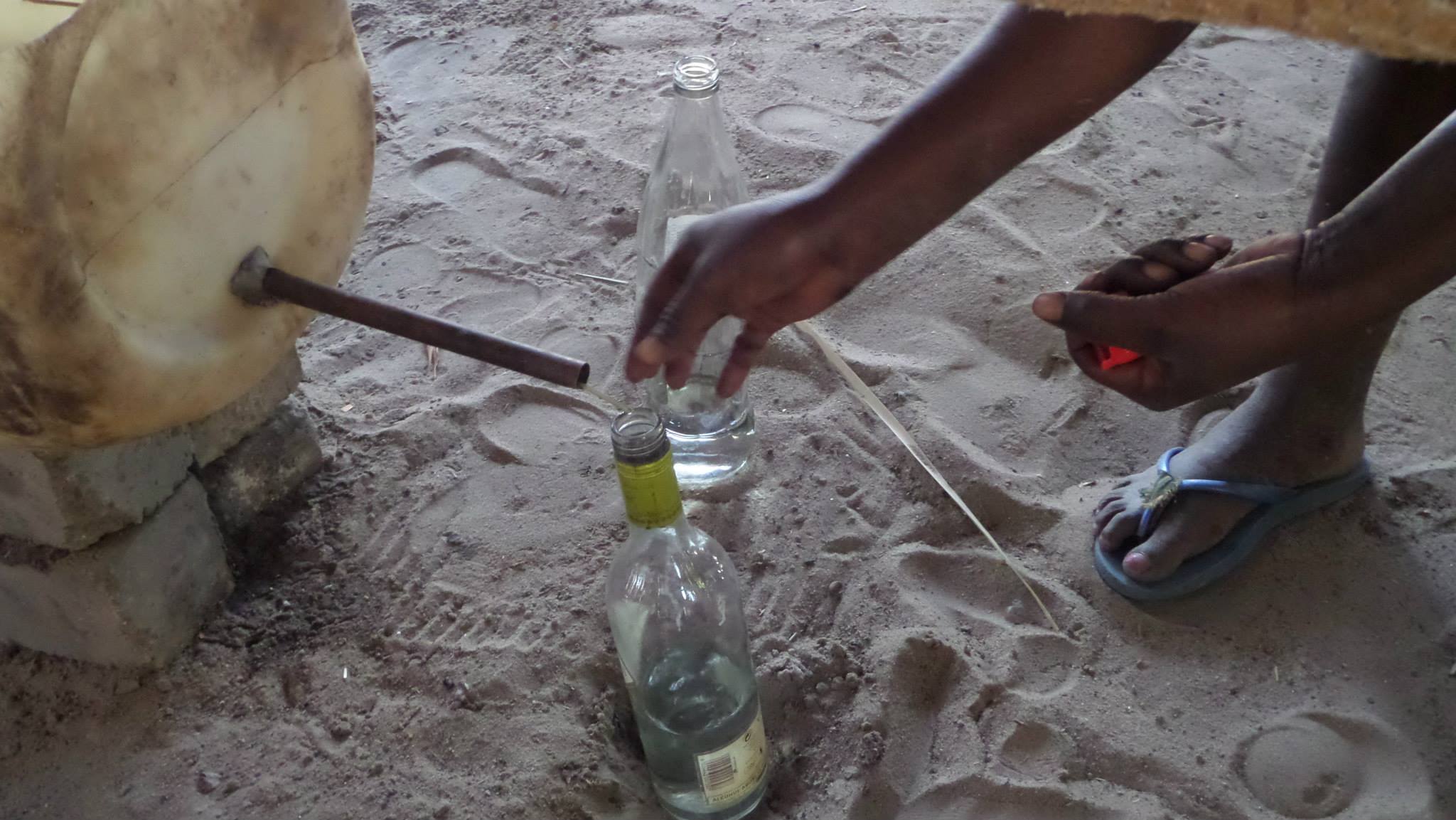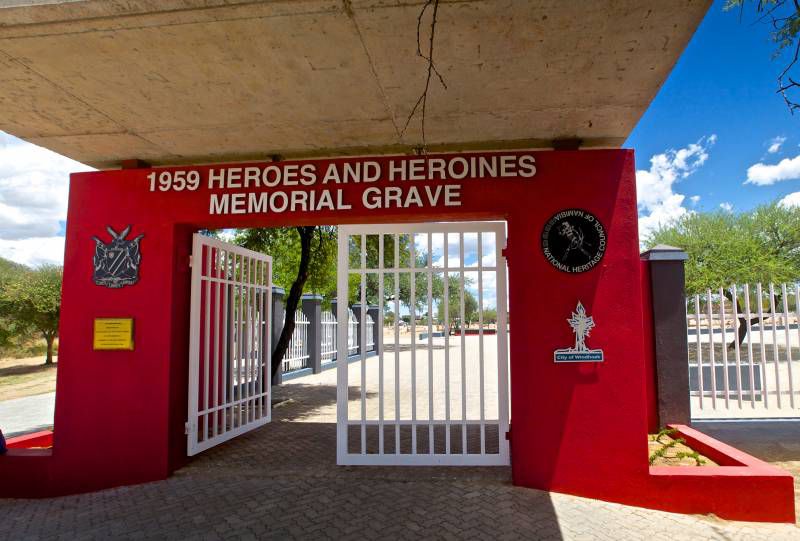AS the H1N1 flu virus slowly makes its way into Namibia, with four cases alread confirmed, the need to educate people in informal settlements about it has become an urgent reality.
This follows a recent exposé by a local television station that demonstrated that the majority of people in informal settlements are unaware of the global pandemic, which has already struck over 134 000 people, and caused 816 deaths.At a meeting of the National Health Emergency Management Committee (NHEMC) yesterday, chairperson Dr Jack Vries expressed concern at the lack of information available to people in the informal settlements. He called for measures to educate them on the flu, given the conditions they are living in. Many people in informal settlements of Windhoek live in corrugated iron and cardboard shacks – oftentimes with just one or two rooms – in close proximity to each other.In fact, the US Centres for Disease Control and Prevention have also expressed concern at the possible rate of spread in shantytowns on the continent, and is reportedly keeping a close eye on the continent’s crowded slums.A CDC worker in the Nairobi, Kenya, shantytown of Kibera says that it can be hard to spot H1N1 flu in a place where he sees serious symptoms on a daily basis: ‘Coughing, difficulties in breathing, pneumonia, diarrhoea…’.Fortunately, Windhoek’s informal settlements – home to around 25 per cent of the city’s population – are not as densely populated as Kibera – the largest slum in Africa. But even so, the symptoms the CDC worker outlines – along with several other respiratory illnesses – are ever-present in the dusty settlements of Havana, Okahandja Park, Kilimanjaro, Babylon, Greenwell Matongo and Kabila.In enhancing community mobilisation efforts in these areas, the City of Windhoek plans to play a strong hand. A representative of the City yesterday told the meeting that it would take up the responsibility of creating community awareness at the grassroots level through its Community Development department. The City will also embark on printing additional flyers for these areas, addressing residents through community meetings, and using its billing structure to educate residents throughout the city.It can only be hoped that other municipalities will follow suit.Vries said that the NHEMC has approached the Office of the Prime Minister for increased support in keeping the pandemic at bay in Namibia.To date, 79 swabs have been sent for testing at the National Institute of Communicable Diseases (NICD) in South Africa. Results are still being awaited for 26 of these swabs. Four people – two from Rehoboth and two from Windhoek – have tested positive, with the last case confirmed on Friday.nangula@namibian.com.na
Stay informed with The Namibian – your source for credible journalism. Get in-depth reporting and opinions for
only N$85 a month. Invest in journalism, invest in democracy –
Subscribe Now!






